
THE NAVIGATING CHANGE CATALOG IS HERE TO HELP YOU ENGAGE, PROVOKE, AND EDUCATE.
Navigating Change: The Podcast from Teibel Education

183: Finding Your Calling — Part 2
In our last episode, we shared the first half of our conversation on finding your calling, recorded on a shady porch at The Chautauqua Institution in New York. This week, we’re picking up where we left off with a few quick but important observations.

180: Challenging our Blindspots — Moods, Assessments, and Assertions with Author Gloria Flores
This week, we welcome Gloria Flores to the show, co-founder and President of Pluralistic Networks. In her work, Gloria is committed to developing innovative ways for people to learn to collaborate, to listen, to build trust, and to build value for each other. Of particular interest to her is the creation of learning environments that will enable people to develop what many describe as “soft skills,” but that really should be referred as “crucial skills” for today’s world.
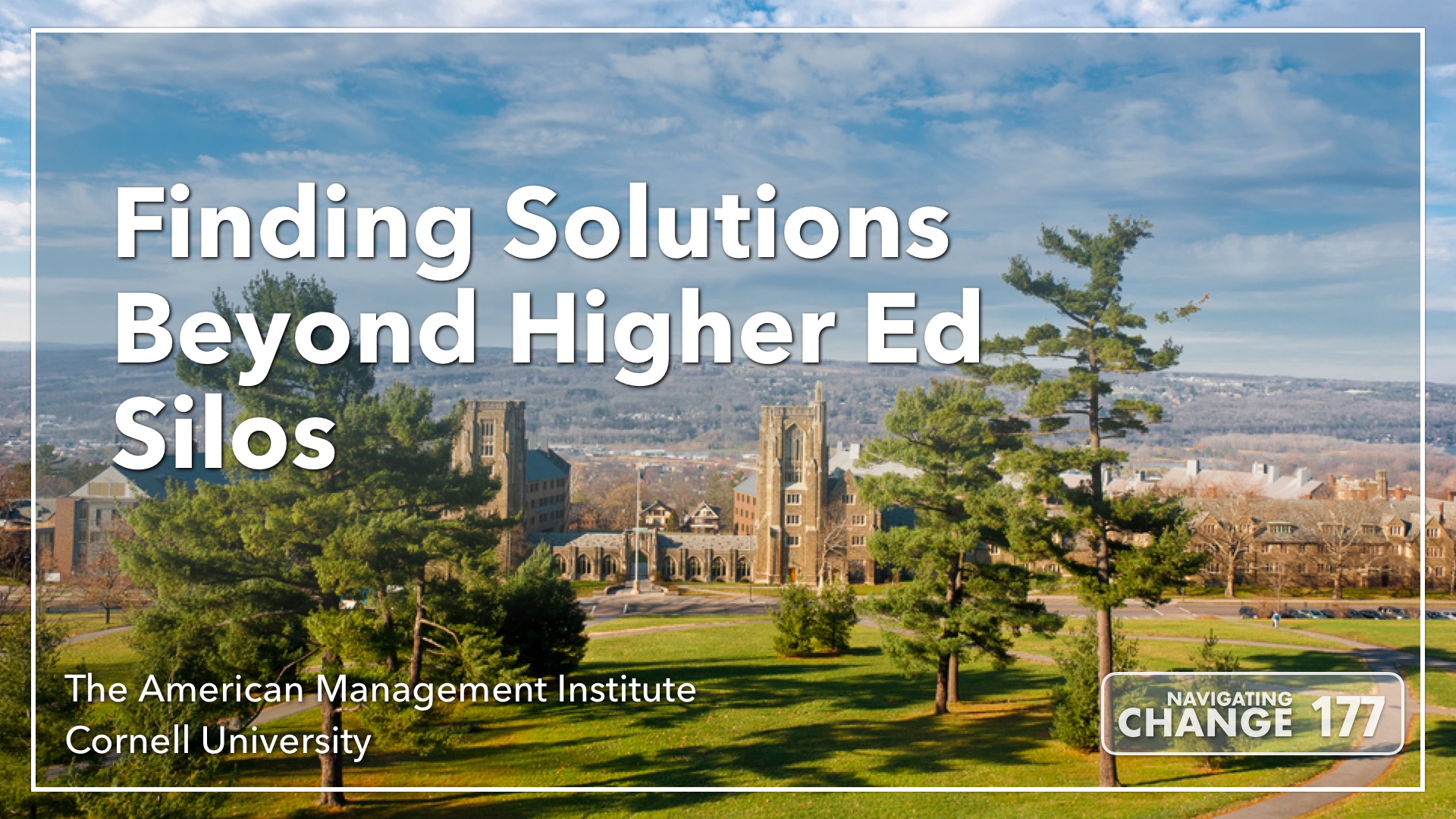
177: Finding Solutions Beyond Higher Ed Silos
Howard Teibel has joined the line-up of presenters at this year's Administrative Management Institute at Cornell University. This week on the show, Howard shares the inspiration for his presentation, Creating a Culture of Innovation & Creativity.

171: Looking to the Business Model for True Innovation
This week on the show, founder and principal of rpkGROUP, Rick Staisloff, joins Howard Teibel for a conversation on leadership from the outside in. As seasoned consultants to higher education, the two address how to affect the way leadership sees themselves, the contingencies forcing change.

168: Finding Inspiration on the Outside — Bringing Innovation to Higher Ed
You never know where good ideas are going to come from. We take it as axiomatic that inspiration comes from synchronicity, and too often we leave it at that, relegating the best ideas to the whimsy of luck.
This week on the show we’re challenging this commonly held wisdom thanks to our work with key partner, University of Colorado, in developing a process to cultivate synchronicity, to bring the right people together, and drive a change in culture that celebrates the incubation of great ideas.

167: Fixing the Cracks in the Academic Business Model with Bill Massy
Howard Teibel recently sat down with noted educator and prolific writer Dr. Bill Massy talk about our changing perception of universities as complex human systems. The advanced modeling work that Dr. Massy has created over his distinguished career has helped institutions around the world to better understand pedagogical performance improvement and the relationship of that work to administration and leadership through sound operational models.

166: Finding the Courage to Make the Toughest Decision
Today on the show we present a conversation on one of the toughest components of managing an exceptional team: letting go of those who no longer perform to expectations.
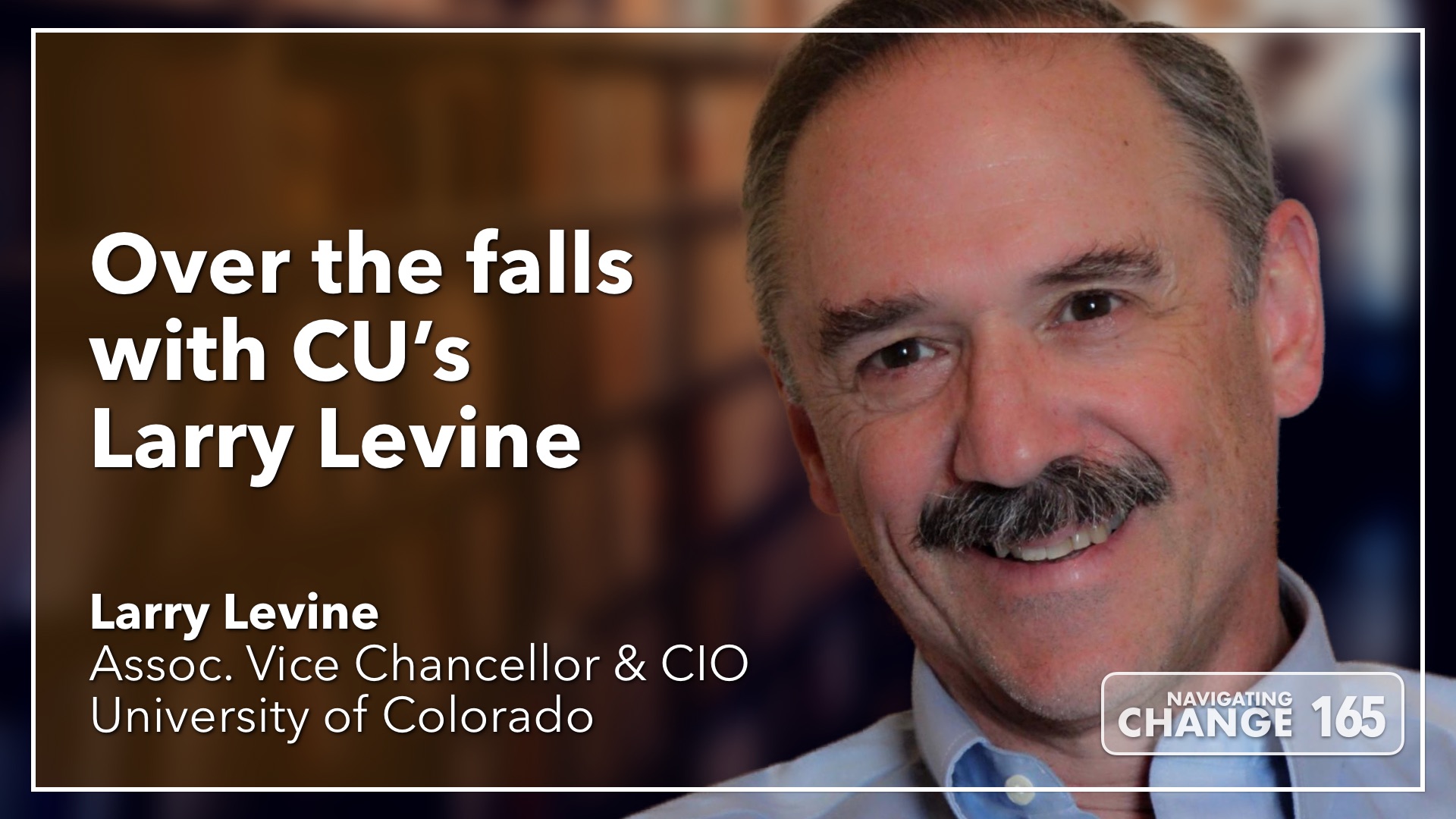
165: Over the Falls with CU's Larry Levine
Larry Levine, who serves University of Colorado as associate vice chancellor and CIO, joins us today to tell a story that will help drive our conversation on building exceptional teams.

164: Stack Your Bench — Succession Planning in Higher Ed
Succession planning — the way most of us do it — doesn’t work. Face it: the last thing that today’s leaders want to do is plan their exit while they’re still 100% invested in doing today’s work. And that’s why this topic is so important: it is precisely because it is unpalatable that we hide from it, dodge it, look the other way.
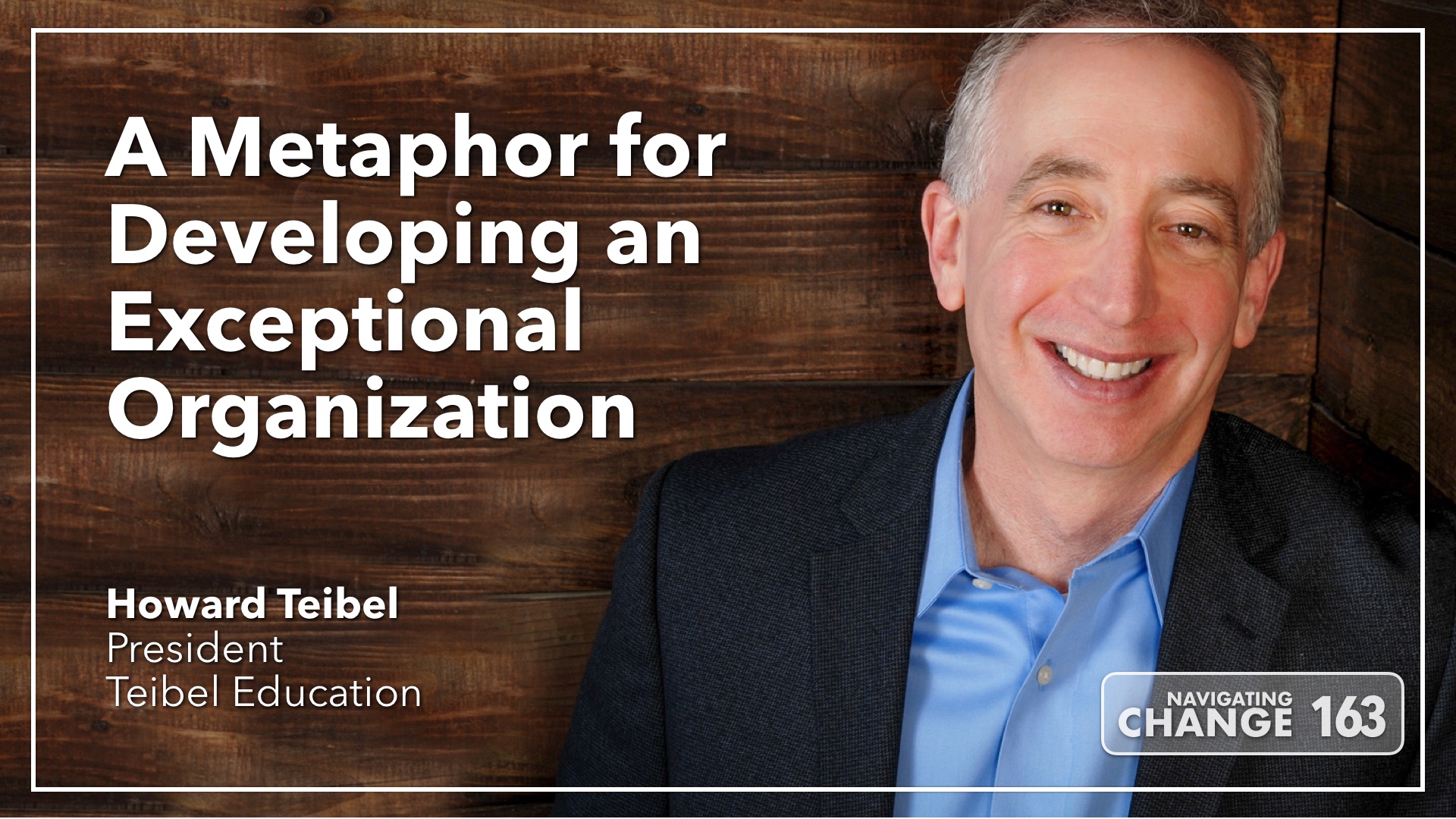
163: A Metaphor for Developing an Exceptional Organization
This week, we’re talking plainly about a subject that most leaders typically bury in metaphor. You might be organizing seats on your bus, or trying to put the right tools in your shed. Whatever the creative euphemism, you’re talking about your people.
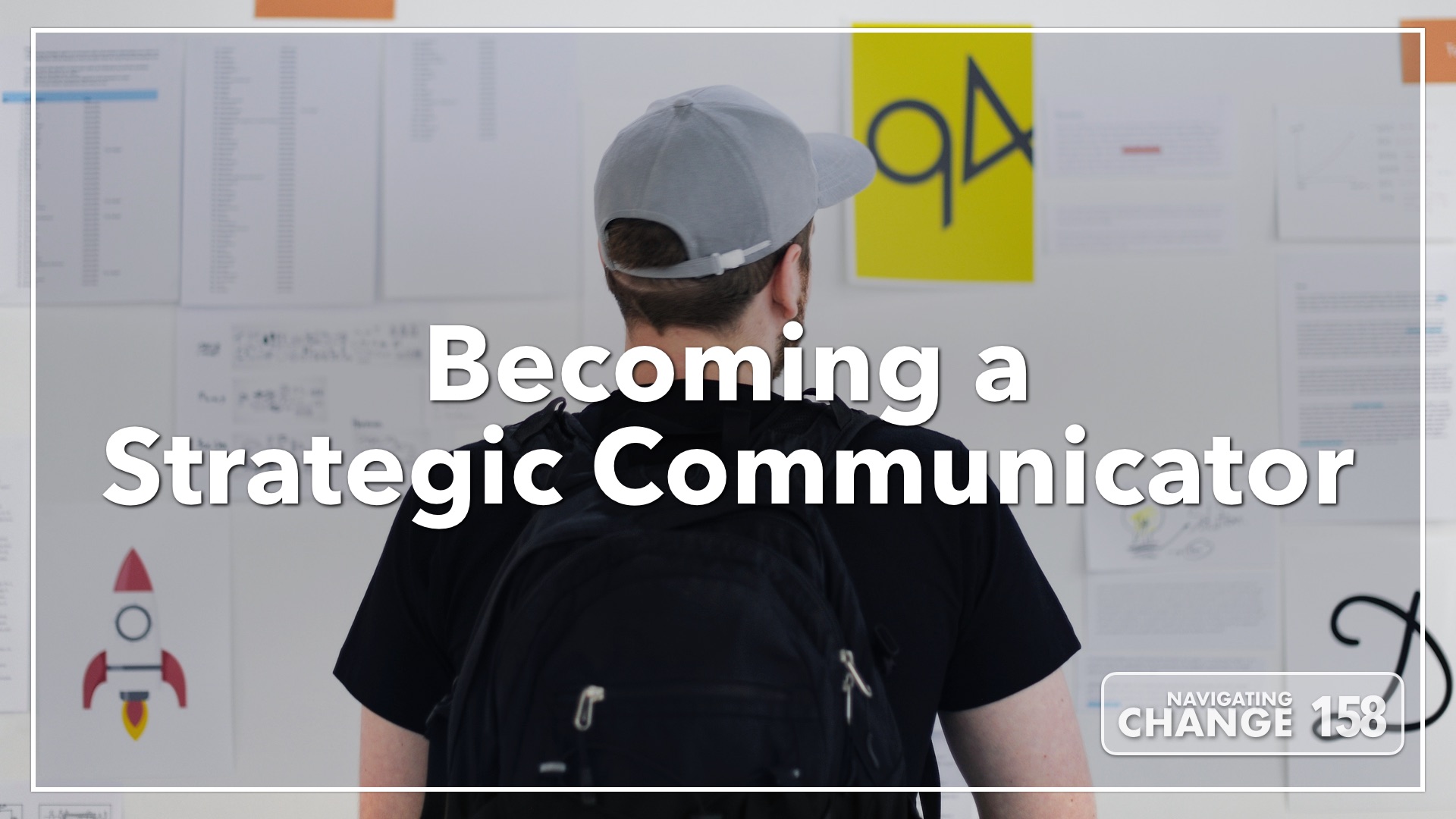
158: Becoming a Strategic Communicator
Many of us, whether we recognize it or not, are doing an ineffective job at communicating strategically. If part of your day-to-day role is to move people and projects forward through influence, this week's conversation is for you. It starts with a deceivingly simple premise: your teams care less about what you want to do, than why you want to do it.

157: Meet the dean of University of Colorado's first new college in 53 years
Dr. Lori Bergen is founding dean of the College of Media, Communication and Information at University of Colorado. A veteran journalist turned academic, she’s president of the Association for Education in Journalism and Mass Communication, and serves on the national advisory board of the Poynter Institute. Prior to CU, she served as dean of the J. William and Mary Diederich College of Communication at Marquette University.

151: Goucher President José Bowen shares the power of improvisation in institutional leadership
How do we transform our institutions and learning models to meet the needs of tomorrow’s students? What does “student success” mean to the academic mission of tomorrow’s institutions? How do we better adapt the college experience to address complexity and transparency? José Bowen currently serves as the 11th president of Goucher College in Baltimore, Maryland, and he joins us on the show today to help map the winding road toward student success.

147: WACUBO Live — Incoming WACUBO Presidents Share the Pressure and Opportunity of Leadership Legacy
This week we have the second of our live podcasts coming to you from the Western Association of College and University Business Officers Annual Conference in San Francisco. Howard Teibel is joined by the incoming WACUBO presidents in which they share their hopes and insights around the power of a diverse and inclusive association, along with living up to the pressure of the legacy of leaders that has come before.
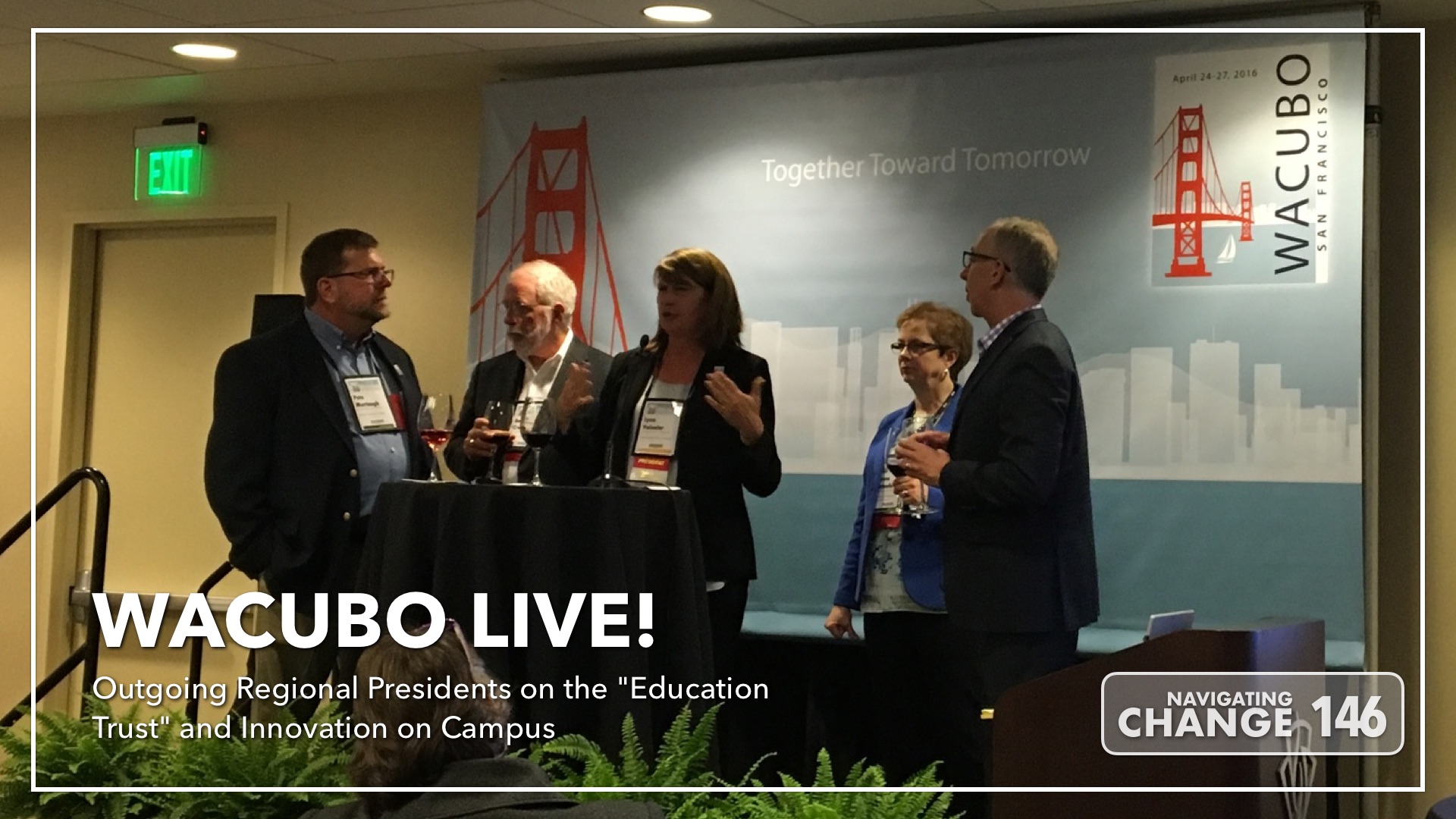
146: WACUBO Live — Outgoing Regional Presidents on the "Education Trust" and Innovation on Campus
This week we have the first in our live podcasts coming to you from the Western Association of College and University Business Officers Annual Conference in San Francisco. Howard Teibel is joined by the current regional association presidents in which they share their valuable insights in innovation, change, service, and the state of education in their regions.
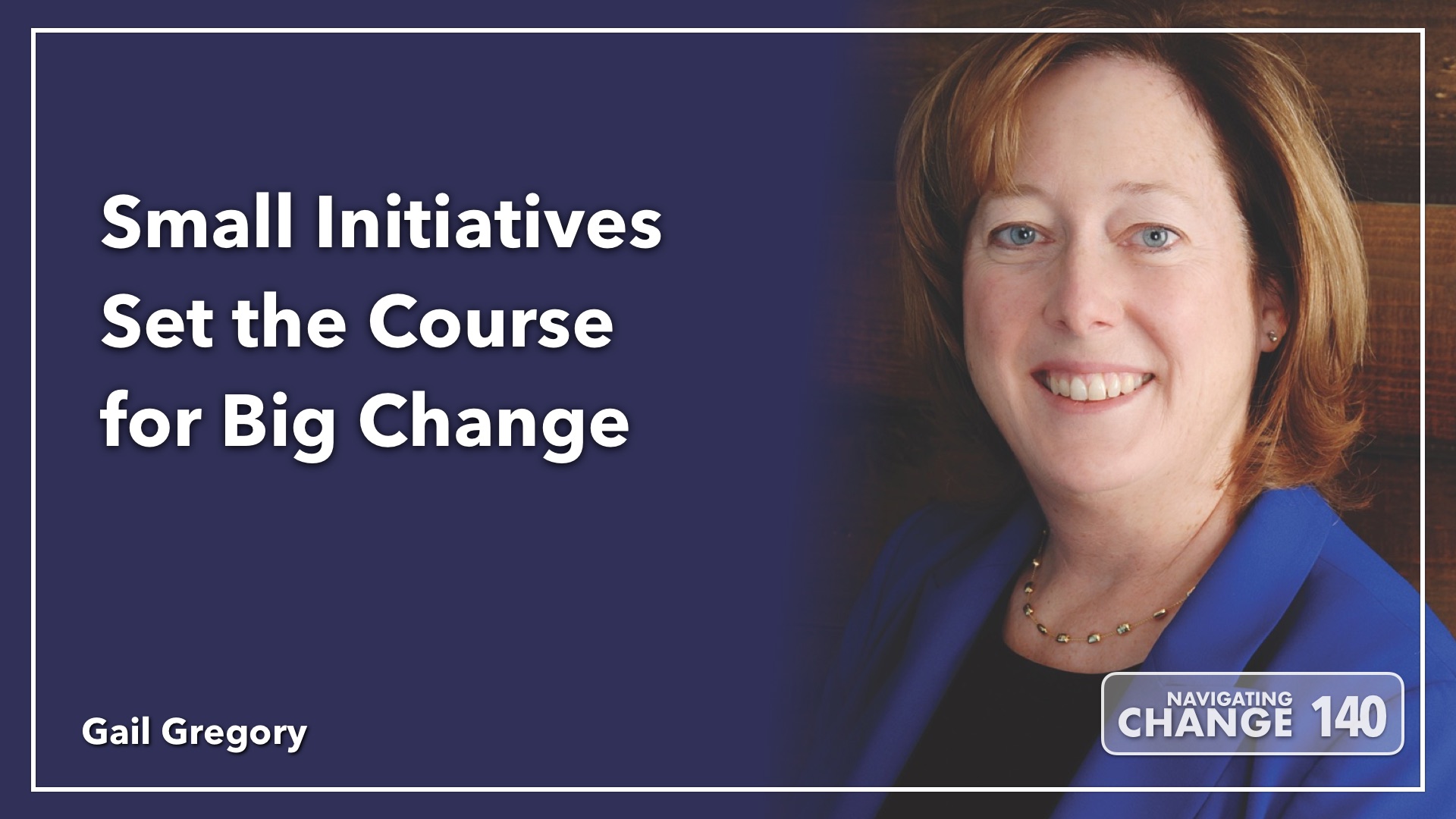
140: Small Initiatives Set the Course for Big Change
This week on the show, Gail Gregory joins Pete Wright to share the experience of UMass Lowell and their effort to transform the institution, one tiny initiative at a time. Gregory and UMass Lowell’s Lauren Turner published the story of that journey in the Winter 2015-16 edition of CUPA-HR’s Higher Education Workplace magazine.
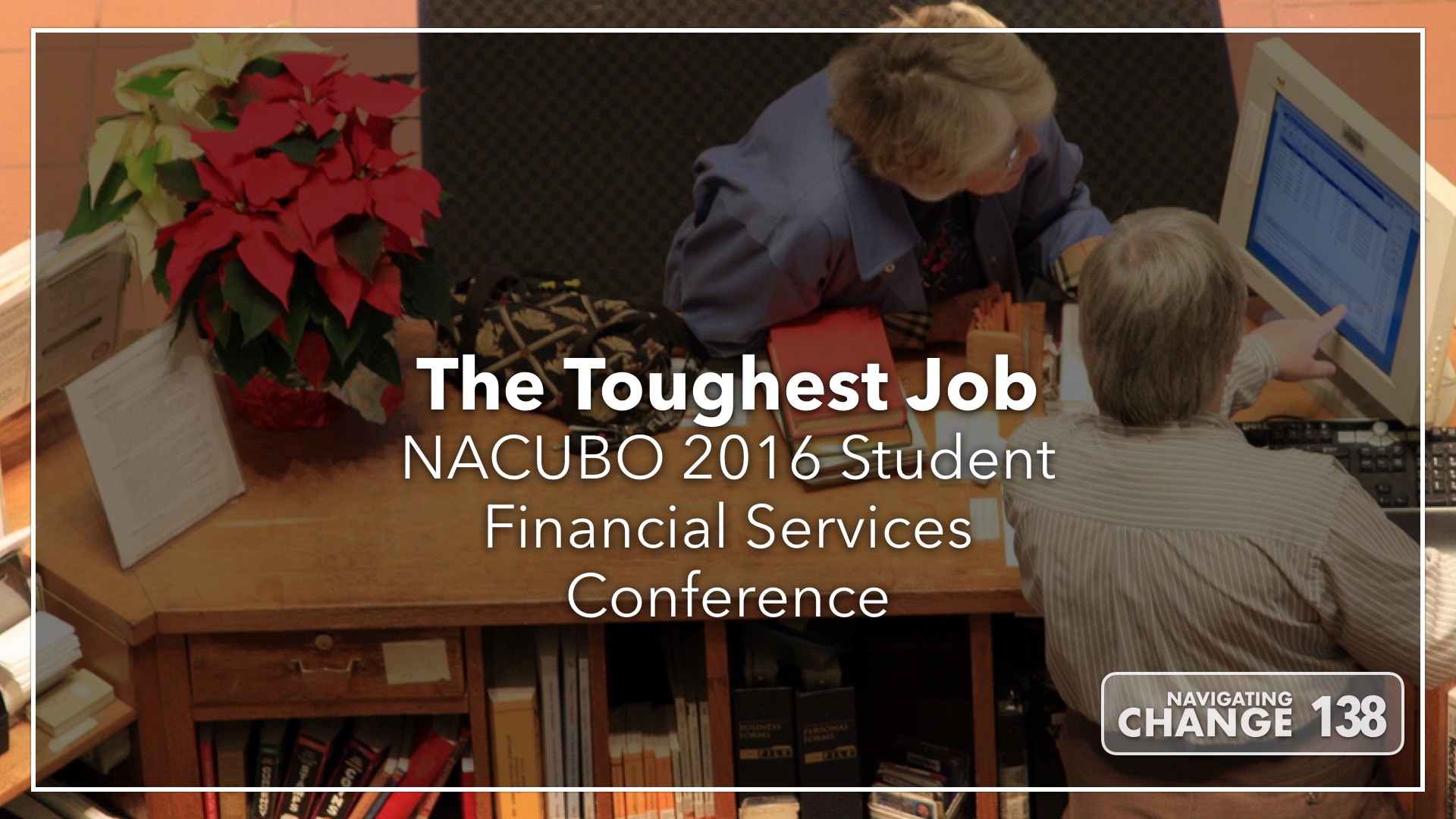
138: The Toughest Job — NACUBO 2016 Student Financial Services Conference
When we talk about good customer service in higher education, what does that mean? Do your teams recoil at the word ‘customer’? Is there a shared interest in delivering quality service across the institution? If any of these questions are challenging for you to answer, don’t worry, you’re not alone.

136: CMCI — Launching the First New College at CU Boulder in 53 Years
University of Colorado at Boulder is launching the first new college on campus in over 53 years. This is the beginning of an exciting period for the institution, one of building, creating, and supporting growth through bold academic and administrative leadership. What does it take to bring teams together, especially after a period of uncertainty?
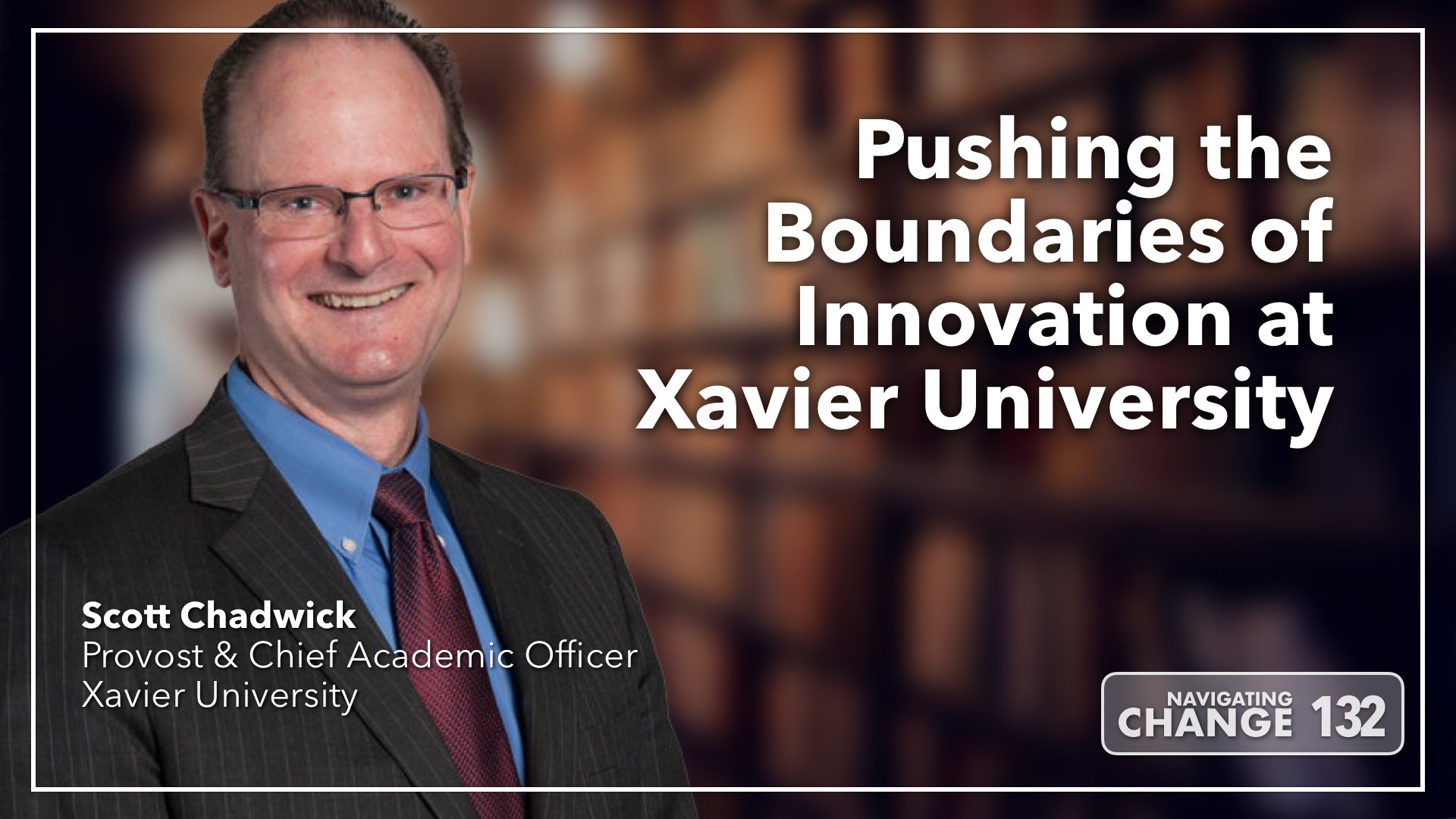
132: Pushing the Boundaries of Innovation with Xavier U. Provost Scott Chadwick
Today on Navigating Change, Provost and Chief Academic Officer Scott Chadwick joins us to share the story of the Center for Innovation at Xavier, some of its recent successes, and his journey to understand Xavier by assessing the people, mission, and capabilities of the university as they continue to grow leaders through innovation, creativity, and inclusivity.

130: Practice what we Teach for Smarter Operations with Unimarket CEO Peter Kane
That institutions practice extensively in their own operations, that which they teach in the classroom, has proved to be a challenge in higher education. When we run into internal operational challenges, can we honestly say that we’re as adaptable as we like to think we are?







